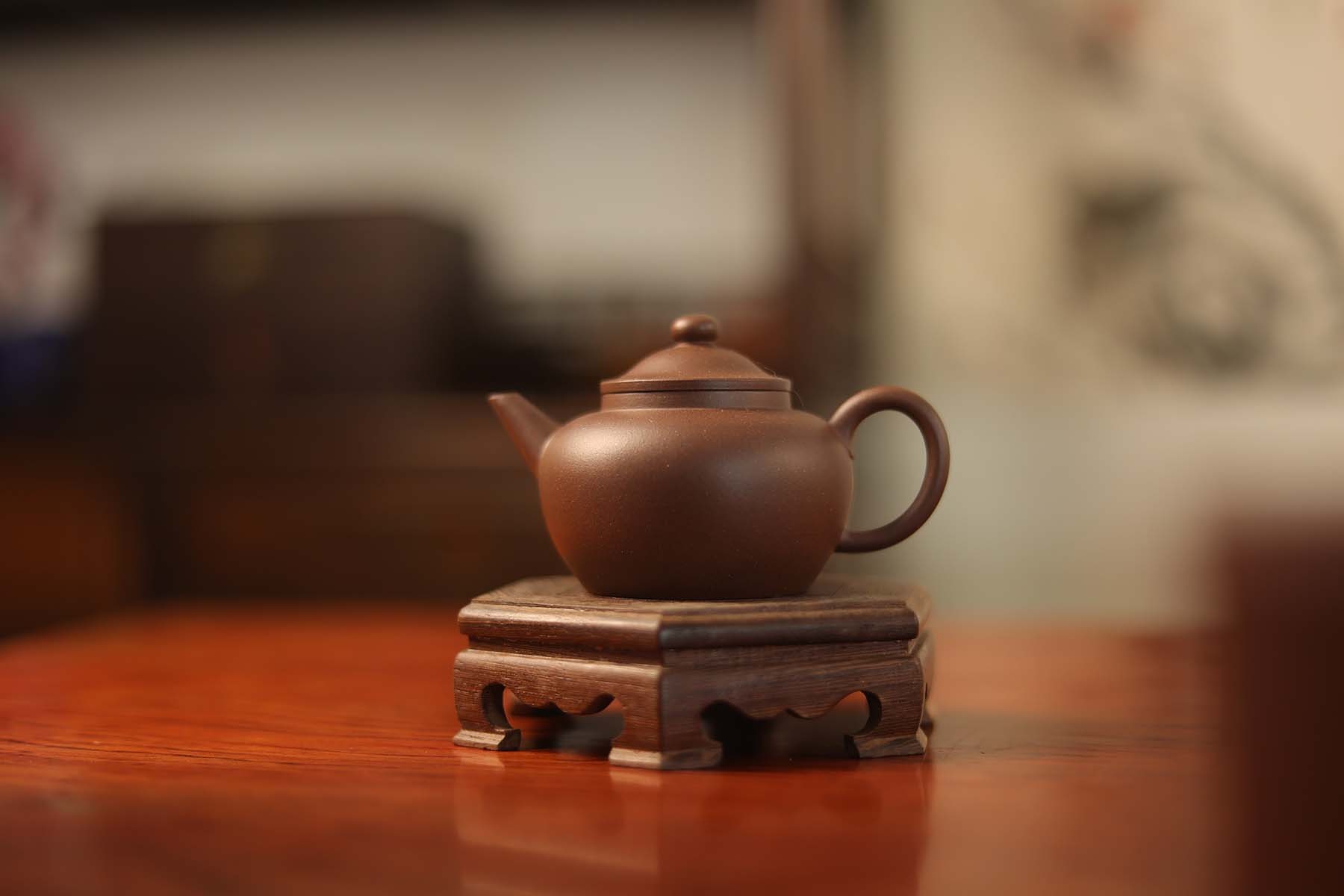How Chinese Tea Culture Shapes Lives and Society
Chinese tea culture, rooted in Confucianism, Daoism, and Buddhism, fosters personal growth, harmony, and cultural identity, influencing both society and individuals through mindful practices and deep philosophical connections.
CHINESE TEA CULTURE
Chinese tea culture isn’t just about brewing and sipping tea—it’s a deep-rooted philosophy that shapes how people think, live, and connect with others. From Confucian teachings to Daoist reflections and Buddhist mindfulness, tea is a bridge between tradition, personal growth, and cultural identity. But how exactly does something as simple as tea have such a profound impact? Let’s break it down.
The Impact of Chinese Tea Culture on Society and Individuals
A Multifaceted Influence
At its core, Chinese tea culture is more than just a beverage ritual—it’s a reflection of character, mindset, and emotional expression. Historically rooted in ideals of balance and harmony, tea culture promotes both ambition and moments of quiet reflection.
For centuries, tea has symbolised a balanced life: striving for success while appreciating moments of stillness. This duality creates a mindset that values both personal achievement and inner peace—a rare combination in today’s fast-paced world.
Historic Context and Cultural Significance
In ancient China, tea wasn’t just a drink; it was a cultural cornerstone among scholars and officials. It symbolised refinement, intellectual exchange, and a deep connection to nature.
Tea gatherings often turned into spaces for thoughtful conversations, poetry, and philosophical debates. It wasn’t about showing off—it was about sharing ideas and embracing simplicity. Tea became a marker of moral integrity and cultural sophistication.
Personal Growth Through Tea
Here’s the thing: drinking tea in Chinese culture isn’t just about taste—it’s about who you become through the ritual.
The process of brewing, serving, and sharing tea cultivates virtues like patience, respect, and humility. These aren’t just buzzwords—they’re life skills.
Every sip serves as a reminder to slow down, reflect, and approach life with intention. Through tea, people build habits of mindfulness and gratitude, aligning perfectly with Confucian principles of self-improvement and moral integrity.
Philosophical Foundations
Chinese tea culture is deeply intertwined with three key philosophies: Confucianism, Daoism, and Buddhism.
Confucianism: Focuses on social harmony and mutual respect, mirrored in how tea is shared and served.
Daoism: Emphasises a connection with nature and finding peace in simplicity—something tea drinking captures perfectly.
Buddhism: Encourages mindfulness and presence, turning tea-drinking into a meditative practice.
These three philosophies aren’t just abstract concepts—they’re woven into every tea ceremony, every shared cup, and every moment of stillness.
Artistic and Symbolic Expressions
Chinese tea culture isn’t just about the tea—it’s also about how it’s presented and the tools used.
Every teapot, cup, and tray carries symbolism. They represent harmony between heaven, earth, and humanity. The artistic presentation of tea isn’t just aesthetic—it’s meaningful.
This level of attention to detail turns a simple act of drinking tea into a celebration of life’s beauty and interconnectedness.
Cultural Identity and Daily Life
Tea isn’t just a drink in China—it’s a lifestyle.
It’s about slowing down in a world that never stops rushing. It’s about connecting with others, sharing moments of quiet reflection, and appreciating the little things.
Teaware, like the iconic Yixing teapots, isn’t just functional—it’s symbolic. Every element adds to the experience, enriching both the act and the mindset of tea drinking.
Tea becomes a daily ritual that reconnects people with tradition, culture, and each other.
Conclusion
Chinese tea culture isn’t just about drinking tea—it’s about embracing a philosophy that values balance, reflection, and connection. Rooted in centuries of tradition and influenced by Confucian, Daoist, and Buddhist teachings, tea remains a powerful tool for personal growth and cultural expression.
Whether you’re sipping a cup alone or sharing it with friends, every tea moment carries a deeper meaning. If you’re curious to explore more about tea culture and teaware, our blog has plenty of insights waiting for you.
FAQs About Chinese Tea Culture
Q: Is tea drinking still relevant in modern Chinese society?
A: Absolutely. While lifestyles have modernised, tea remains a symbol of tradition, reflection, and connection in daily life.
Q: What’s the difference between a tea ceremony and casual tea drinking?
A: A tea ceremony is more formal, focused on precision, mindfulness, and symbolism. Casual tea drinking is more about everyday relaxation and connection.
Q: Why is teaware so important in Chinese tea culture?
A: Teaware isn’t just practical—it’s symbolic. Each piece represents harmony, nature, and humanity, enriching the tea-drinking experience.
Q: Can anyone practice Chinese tea culture, or is it exclusive?
A: Anyone can embrace it. Chinese tea culture isn’t about exclusivity—it’s about sharing, reflection, and appreciation.




